In Nigeria, celebrity culture is often painted in golden hues — red carpet glamour, expensive cars, millions of followers, endorsement deals, and public adoration. But behind the glitz and curated Instagram posts lies a far more complex, demanding, and sometimes heartbreaking reality.
To be a celebrity in Nigeria is to live under a microscope, where personal struggles become public spectacle, and fame — once earned — becomes a full-time job with no off-switch.
Let’s explore the real price of fame in Nigeria — citing real stories, data, and the lived experiences of some of the biggest names in entertainment.
1) Mental Health: Fame’s Silent Tax
The pressure to be perfect
Mental health in the Nigerian entertainment scene is a subject long ignored, often dismissed as weakness or “spiritual attack.” However, recent years have seen more celebrities opening up about their mental battles, peeling back the façade of perfection.
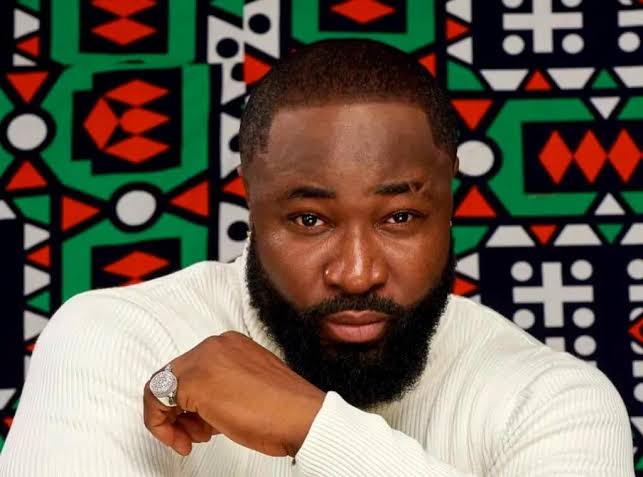
Harrysong shocked fans in 2021 when he confessed he was battling depression and had even considered ending his life. The singer wrote in an Instagram post, “Don’t cry when I die, celebrate! Put up a kingmaker concert… I have lived… I have done my bit.” His team later confirmed he sought help. (TheCable)
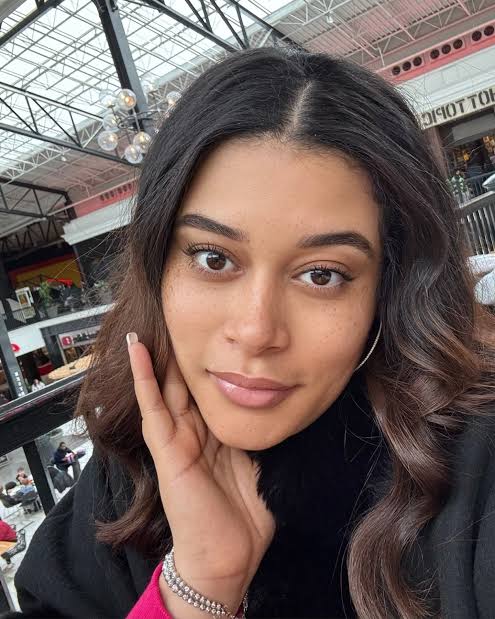
Nollywood actress Adunni Ade admitted to going through bouts of depression and contemplated suicide when her career took a downward turn after having children outside marriage. “I was dealing with so much shame. People judged me, even family members,” she said in an interview with Chude Jideonwo.
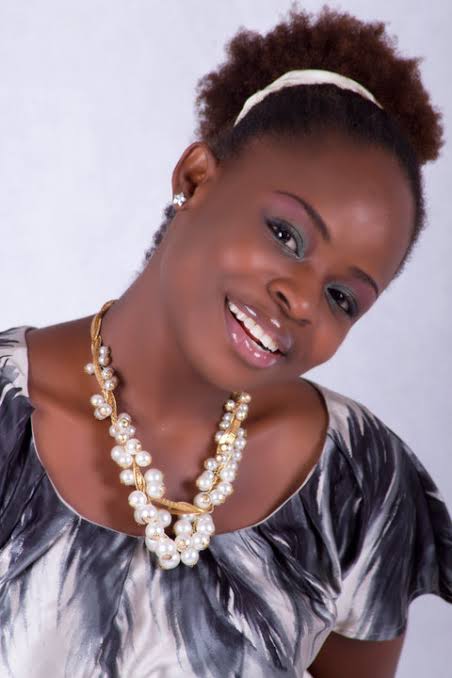
Jodie, the one-time Project Fame sensation, revealed that raising a special needs child broke her emotionally and financially. “I was depressed, rejected, and broke. Fame disappeared, but the bills didn’t,” she said. She later founded a nonprofit for parents of children with disabilities.
A culture of silence
Unfortunately, Nigeria still lacks mental health infrastructure and support systems for its public figures. Many bottle up their pain, resulting in tragic outcomes or complete withdrawals from the limelight.
2. Financial Illusions and Industry Fakery
Designer clothes, empty bank accounts
Fame in Nigeria does not always translate to wealth. Many celebrities live above their means to maintain status.
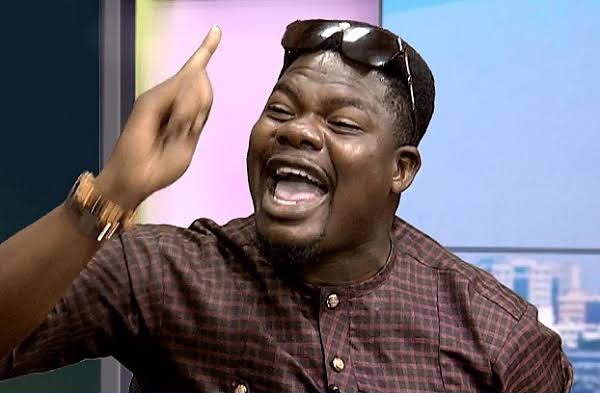
Mr. Macaroni, the skit maker and activist, publicly disclosed he was once neck-deep in debt after being scammed and losing all his savings. “I borrowed money to fund my dreams and ended up eating just garri. I was famous and broke,” he said.
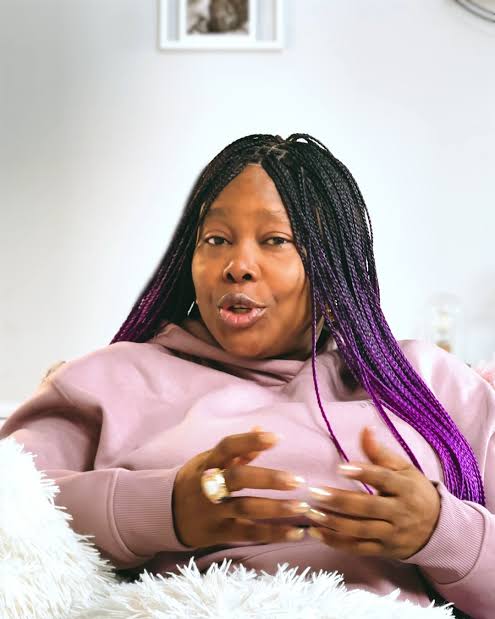
Veteran actress Toyin Alausa broke down in tears during a live session as she described financial hardship, despite decades in Nollywood. “People think because they see me on screen, I have it all. But most times, I don’t even have transport fare.”
A 2022 report by Punch revealed that less than 15% of Nollywood actors are paid sustainable incomes, with many relying on side hustles or sponsorships to survive.
The “fake it to make it” trap
Social media has created intense pressure to portray a luxury lifestyle. “Most of the Bentleys you see on Instagram are borrowed or rented for content,” a celebrity manager once told a media outlet. The illusion sells, but maintaining it often requires loans, brand deals, or unsustainable spending.
3. Privacy Erosion and Constant Surveillance
Living in a glass house
With the rise of gossip blogs like Instablog9ja and Gistlover, Nigerian celebrities have become vulnerable to invasive scrutiny.
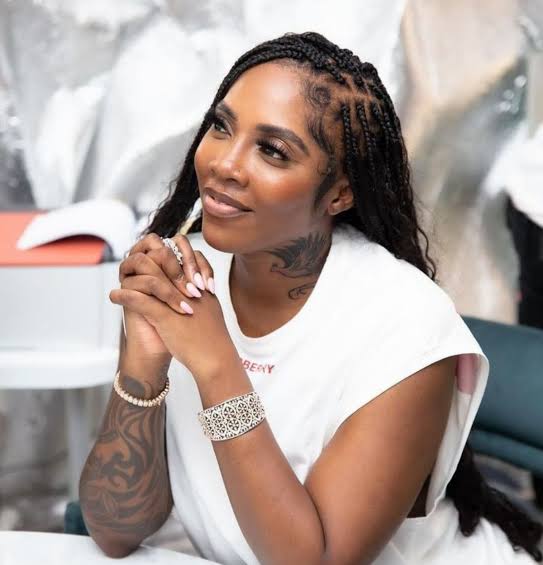
Tiwa Savage’s leaked sex tape in 2021 sparked national controversy. While she took control of the narrative before the video surfaced, the violation led to cyberbullying and moral policing. “I won’t be shamed for something natural,” she said.
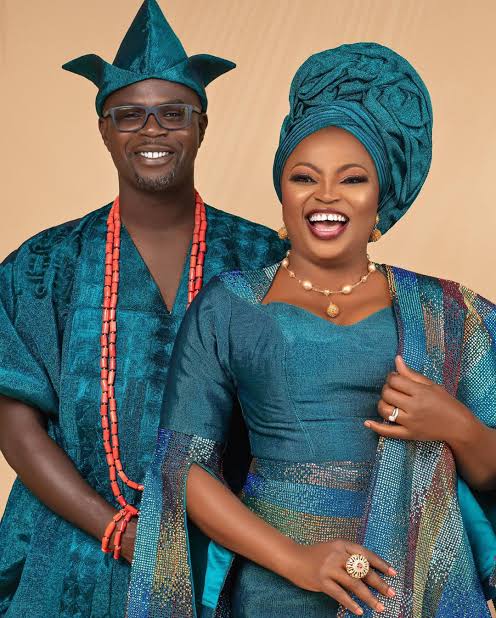
Funke Akindele’s marriage troubles became front-page news when her ex-husband JJC Skillz publicly confirmed their split, even as she was campaigning for political office.

Ike Onyema, a former BBNaija housemate, lamented how fans feel entitled to dictate who he dates or what he does. “You lose your identity. They want to live your life for you.”
4) Public Feuds and Social Media Wars
Every disagreement is content
Nigerian celebrities often get entangled in public feuds — sometimes real, sometimes for clout. These altercations generate massive traffic but also open doors to backlash and brand damage.
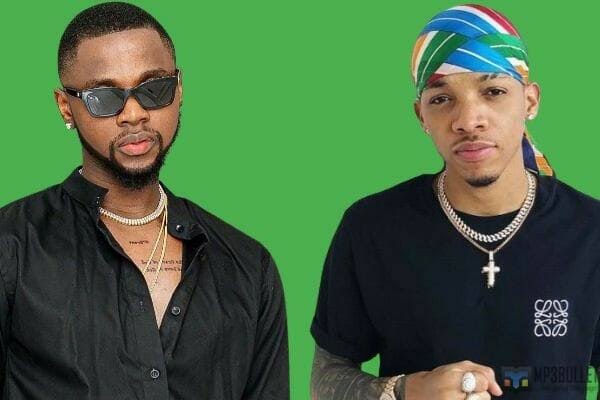
In 2024, the feud between Kizz Daniel and Tekno over royalties from their hit song “Buga” blew up online. Tekno claimed he was “used and discarded,” while Kizz clapped back with cryptic tweets. The drama trended for weeks.
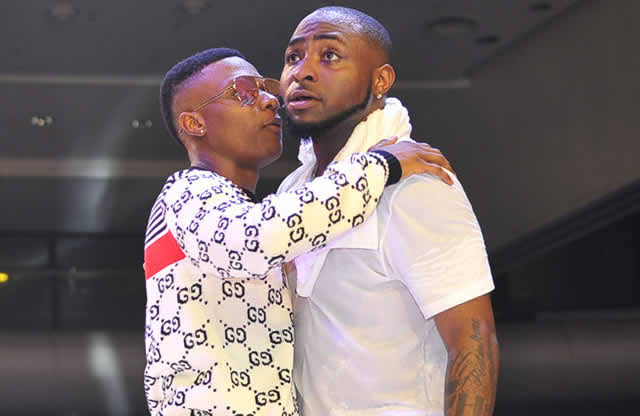
The Wizkid vs. Davido rivalry continues to be a staple of Twitter drama. A 2024 verbal exchange between the two was brutal, with both sides dragging each other’s family into the fray.
Cancel culture rising
The public is increasingly unforgiving. One wrong comment, one tweet from years ago, one scandal — and the mob assembles, and no celebrity has felt the wrath more intensely than Naira Marley.

Following the tragic death of Mohbad in September 2023, widespread public anger erupted against Naira Marley, who had been accused — both directly and indirectly — of bullying, intimidation, and complicity in Mohbad’s struggles. While investigations were still underway, the court of public opinion moved swiftly.
5. The Politics of Fame and Power Play
Fame in Nigeria often intersects with politics — not just national politics, but industry power play.
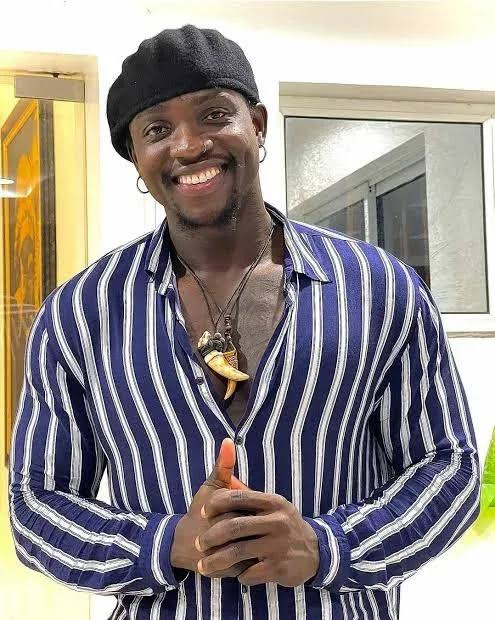
When VeryDarkMan, a controversial activist and influencer, was arrested in 2024 after criticizing wealthy elites, it reignited discussions about freedom of speech and celebrity censorship.
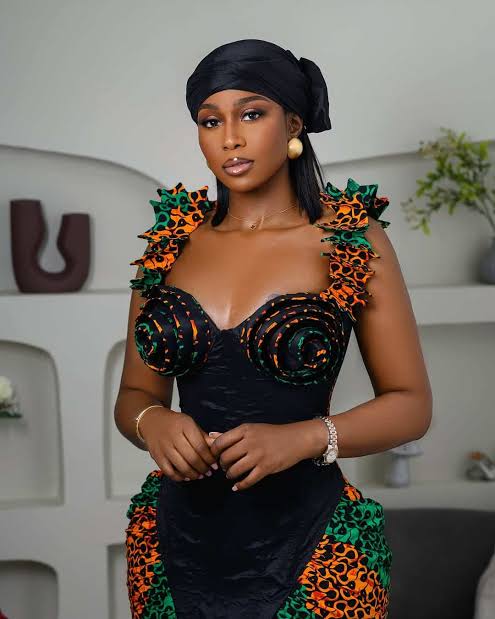
Nollywood’s “clique culture” also suppresses rising stars. Actress Lilian Afegbai once stated that getting major roles required “belonging to certain camps or paying heavy PR dues.”
6. Gendered Pressure and Sexualization
Women in Nigerian entertainment face an extra layer of scrutiny — from sexualization to moral policing.
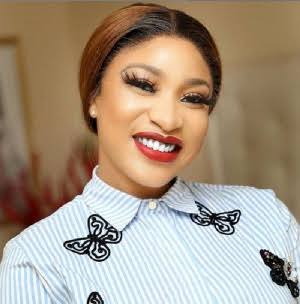
Actress Tonto Dikeh has repeatedly faced trolling over her body, motherhood, and personal choices. “Men are allowed to make mistakes, but women pay forever,” she said.
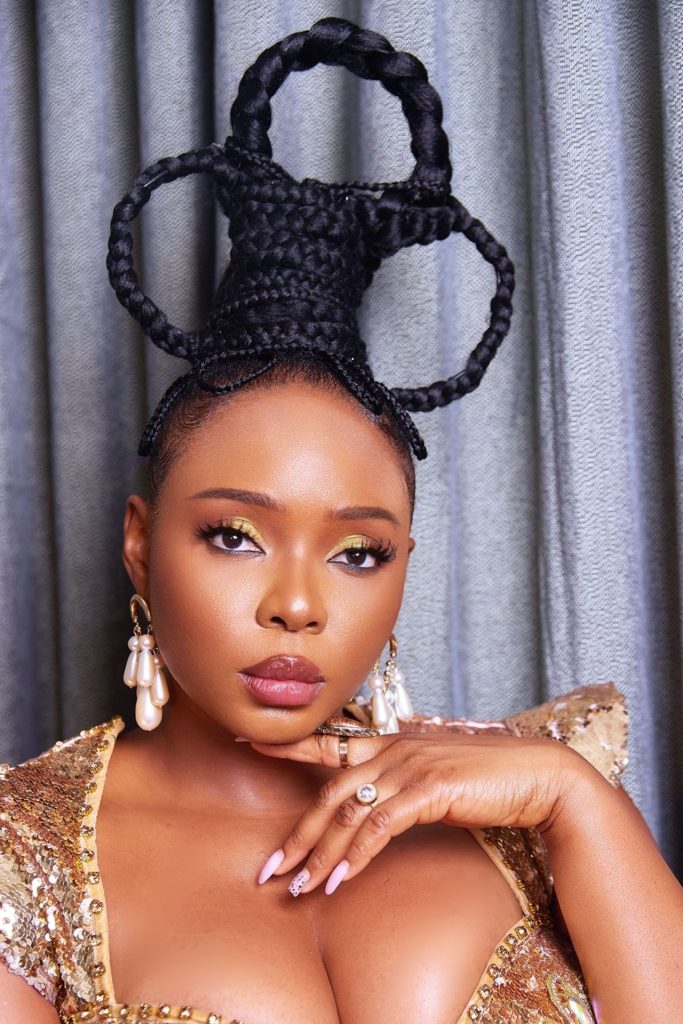
Yemi Alade was once told by a music exec to dress more provocatively if she wanted to “sell.” She refused. “If my talent isn’t enough, then I’m not interested,” she told BBC Africa.
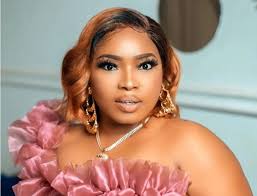
Several actresses, including Halima Abubakar, have alleged that producers and marketers often demand sex in exchange for roles — an open secret in Nollywood.
7. Fame and Philanthropy: Beyond the Noise
Amid the chaos, some celebrities try to wield their fame for good.
Davido raised over N200 million in 2021 by asking friends to send him money for his birthday — and donated all of it to orphanages across Nigeria, which he continues annually.

Rapper MI Abaga has consistently used his music to spotlight mental health and social justice, starting conversations rarely touched by mainstream media.
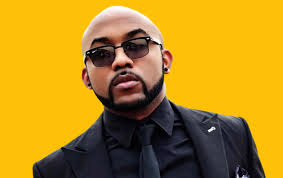
Banky W, now a politician, balances entertainment with public service, pushing for youth inclusion in governance.
Still, the burden of being a “role model” can be heavy — every mistake is amplified, every misstep weaponized.
8) No Retirement Plan: The Danger of Obsolescence
Fame in Nigeria can be short-lived — and there is no safety net.
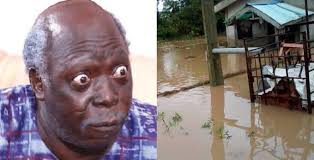
Many veteran actors now struggle with poverty and health issues. Pa James (Ajirebi) went viral in 2020 after his house was flooded, with fans shocked to see him living modestly despite his decades on screen.
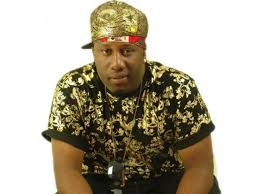
Ernest Asuzu, once a household name, was found begging on the streets before his death in 2021. He had battled health issues but received little support from the industry.
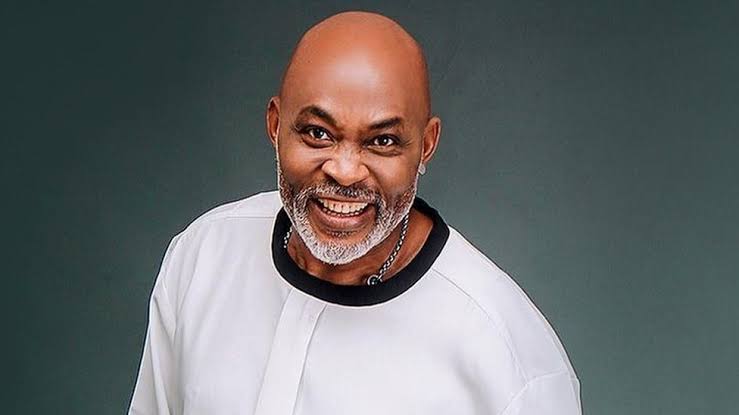
As RMD (Richard Mofe-Damijo) once said: “This industry gives you fame without a retirement plan. If you don’t build smart, you’ll fade out broke.”
CLOSING REFLECTION: What Is the True Cost of Nigerian Celebrity?
Fame in Nigeria is seductive — it offers voice, power, and escape from obscurity. But the toll it takes is often underestimated. It demands relentless branding, emotional resilience, and constant reinvention. Every smile may hide a struggle. Every post may be a cry for help.
Until society learns to humanize its stars — and the industry builds better support systems — fame will remain a trap dressed in diamonds.
For those chasing the limelight, the question remains: Are you ready to pay the price?.













Leave a comment